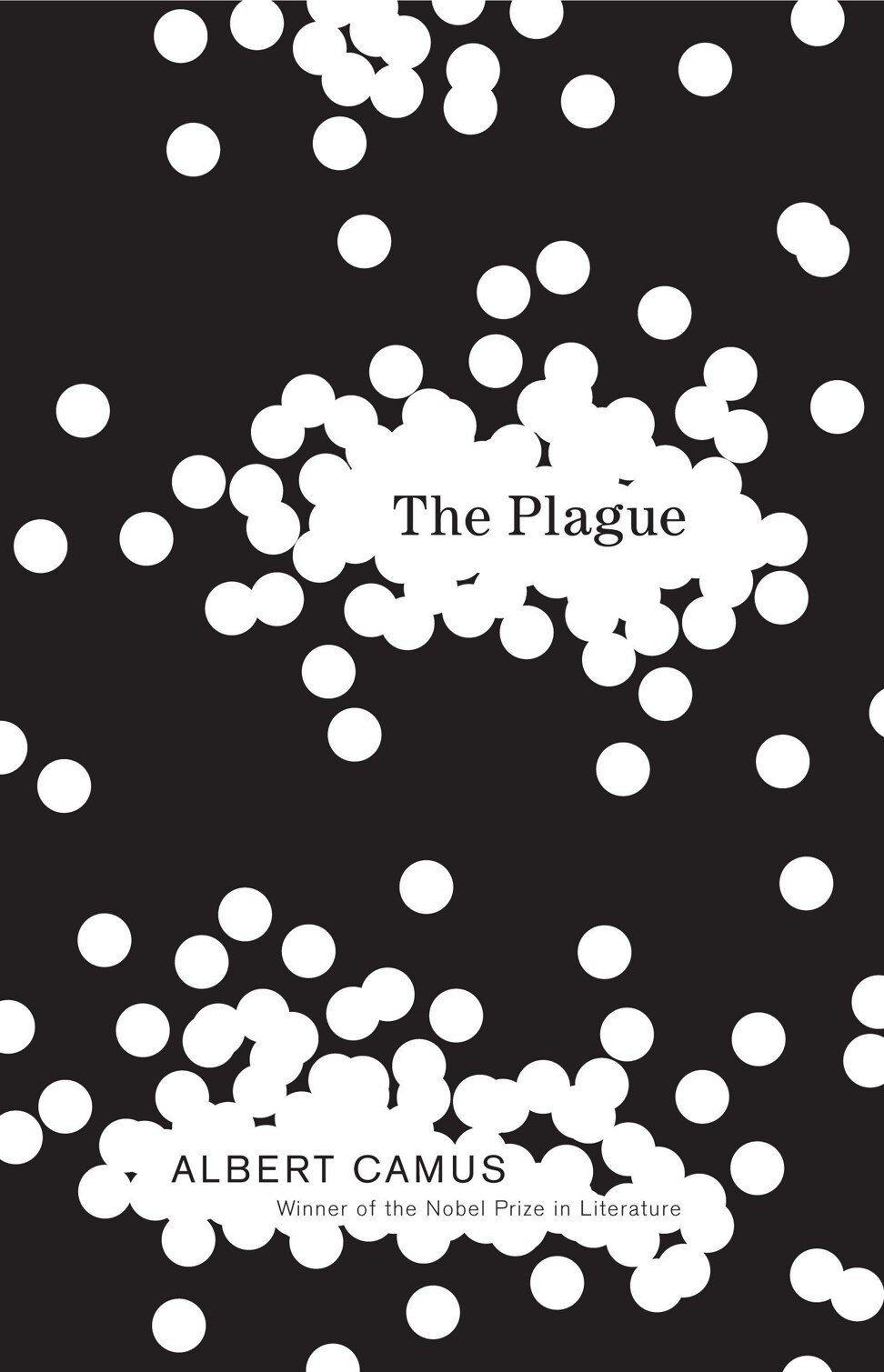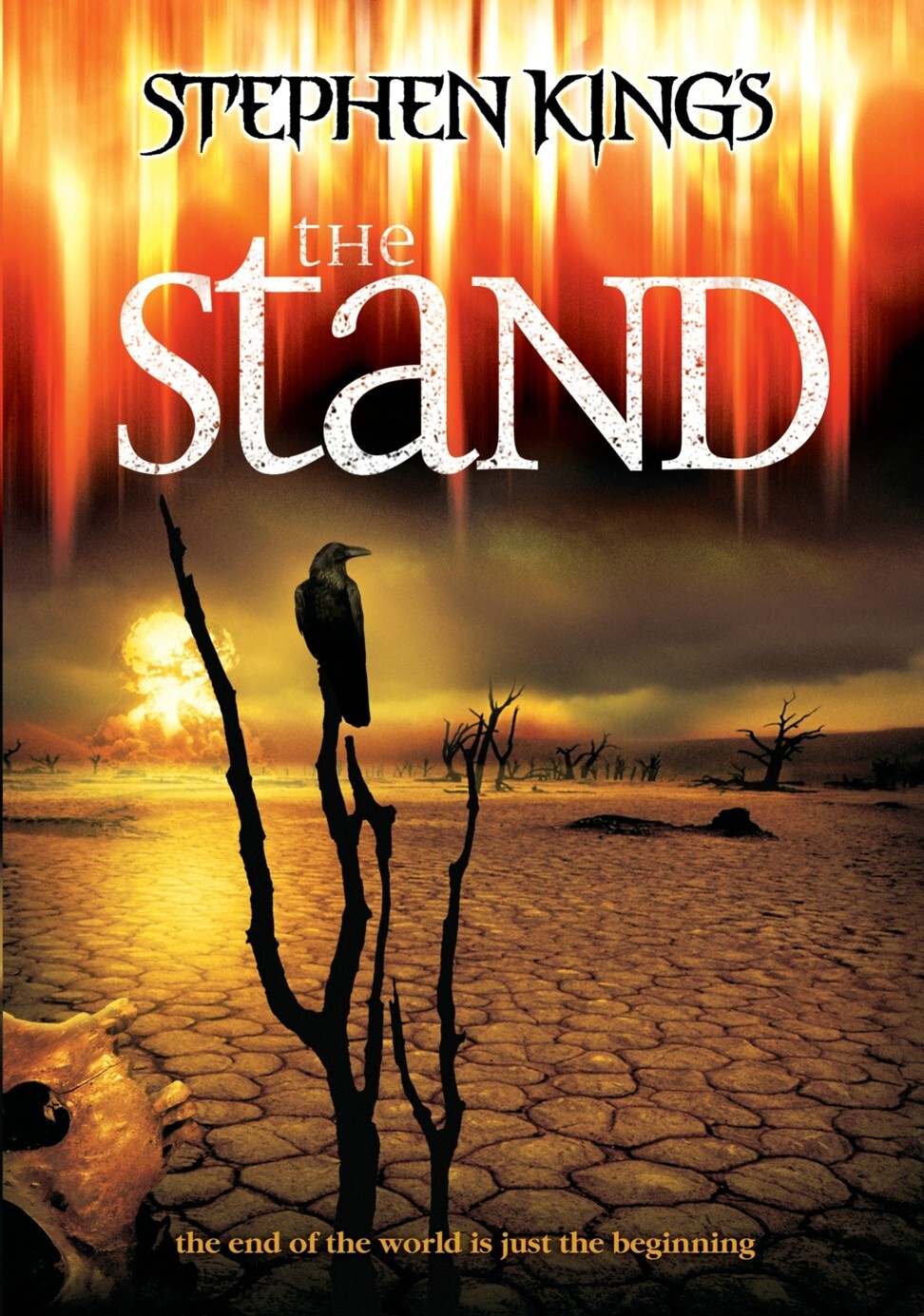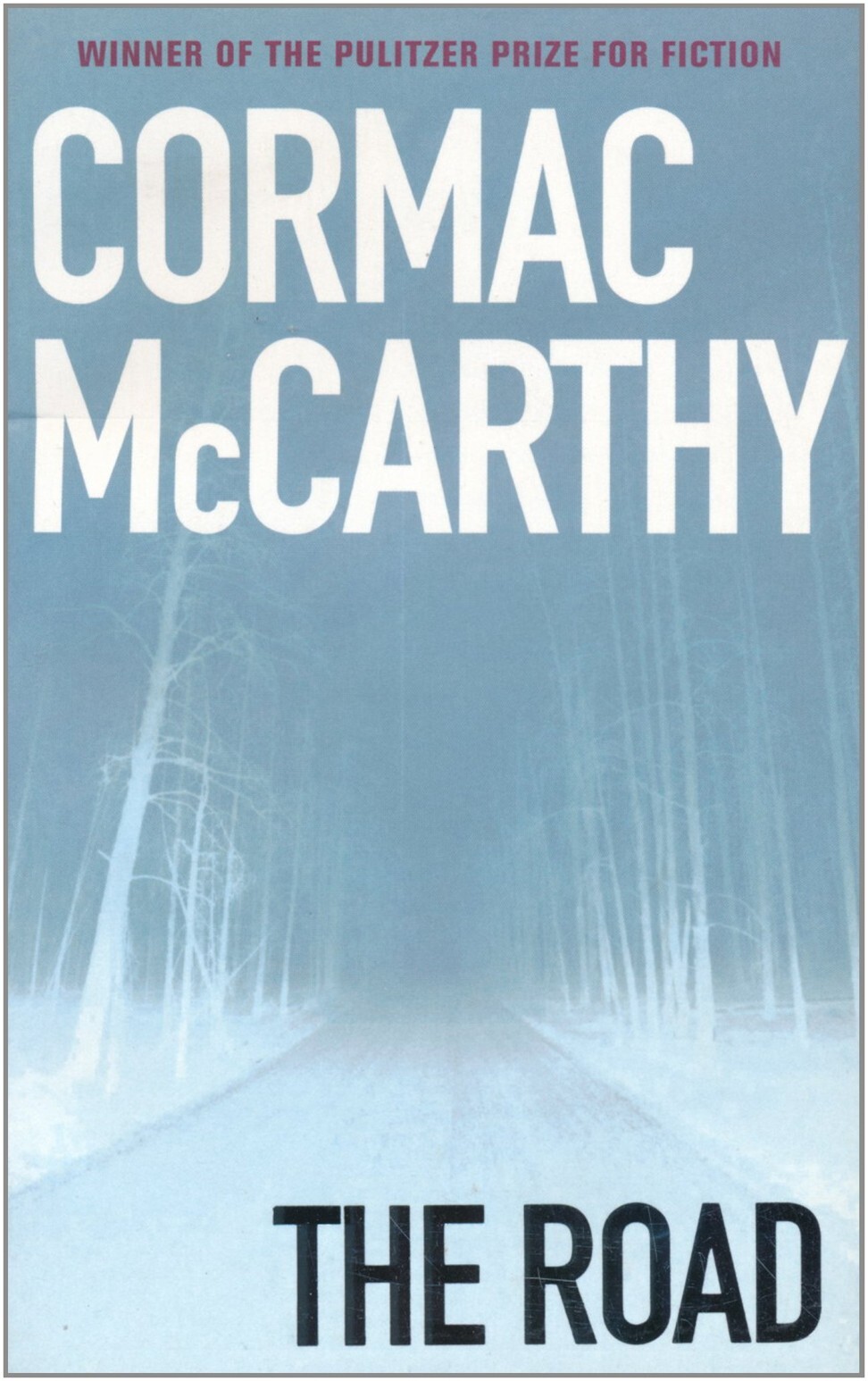
Post-apocalypse novels fly off the shelves as readers seek solace amid coronavirus fears, from The Stand by Stephen King to The Plague by Albert Camus
- Readers flocking to dark fiction are looking for hope amid uncertainty, says communications professor, explaining spike in requests to libraries
- Fiction relating to a trauma people are experiencing resonates strongly with readers because characters are experiencing what they are, another academic says
Rachel Colby’s choice for a recent Sunday night movie at her home in the US state of Ohio was hardly the sort of escapism that many people seek in times of crisis. Instead, it was the all-too-real 2011 Matt Damon movie Contagion.
“Some of our friends were like, ‘That might make your anxiety worse’, but when we watched it, it actually made us feel better,” said 25-year-old Colby. “It showed the worst-case scenario, and it was a wake-up call that that’s life – it’s scary but I’d rather be educated on how to handle these situations.”
Experts say there may be an underlying logic behind why some people choose to seek out tales that hit close to home during a state of emergency.

Silvia Knobloch-Westerwick, a professor in the school of communication at Ohio State University, said that fictional movies and books – with their clearly defined beginning, middle and end – tended to provide a sense of relief when compared with the uncertainty found in news reports.
“In fictional portrayals, you’ll still find something that gives you hope or meaning or a sense of justice,” Knobloch-Westerwick said. “In reality, it’s so hard to predict anything; even the scientists don’t have a full understanding yet.”

Matthew Grizzard, an assistant professor of communication at Ohio State, added that fictional media relating to a trauma that people are experiencing resonates strongly.
“People are trying to deal with these emotions,” Grizzard said. “That can give us comfort, seeing people who are experiencing the same things as we are.”
That might explain why libraries are seeing increased demand for titles such as Albert Camus’ existential classic The Plague and post-apocalyptic novels such as Stephen King’s The Stand and Cormac McCarthy’s The Road.

Though holds on print books have been paused until libraries reopen, patrons at the Columbus Metropolitan Library could have to wait for weeks for the downloadable audiobook of The Stand, which follows a group of survivors of a weaponised strain of influenza. The audiobook has a waiting list of nearly 100, and the e-book has about 70 holds.
The Road, which follows a man and his son on a journey through a post-apocalyptic world, has about 100 holds on the audiobook, and Station Eleven, a 2014 novel by Emily St. John Mandel centred around a devastating swine flu pandemic, has about 50 people waiting on the e-book and another 50 waiting on the audiobook.
The Eyes of Darkness has been making made headlines recently after readers noted the story concerned a man-made virus called Wuhan-400 developed in a biological weapons lab in Wuhan – ground zero of the current coronavirus outbreak – and described as the “perfect weapon”.
In fictional portrayals, you’ll still find something that gives you hope or meaning or a sense of justice. In reality, it’s so hard to predict anything; even the scientists don’t have a full understanding yet
Although none of these titles crack the top 10 list of most requested items at several central Ohio libraries, Chrissie Harris, who is part of a team that selects titles for Columbus Metropolitan Library’s 23 locations, said that the number of holds is outside the norm.
Harris said she couldn’t help but think that part of the spike in requests has to do with coronavirus-related anxiety while people are looking to pass the time during self-isolation.

